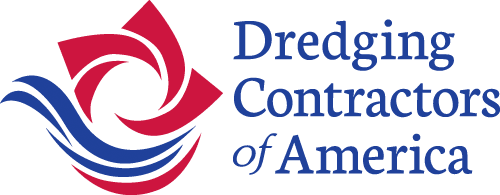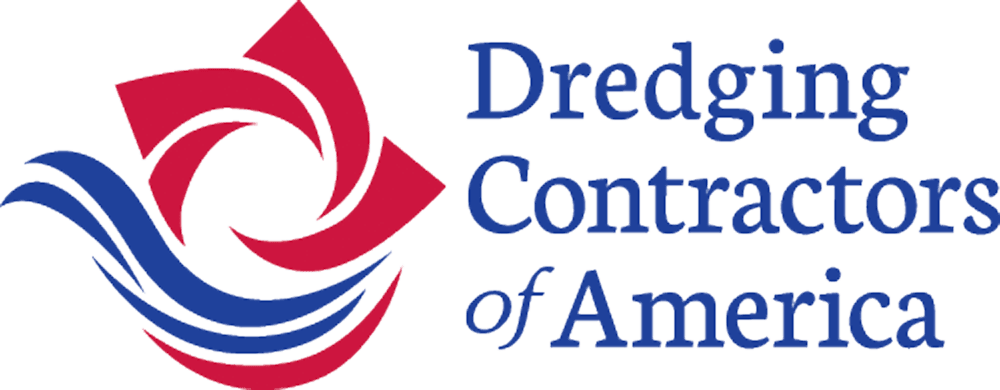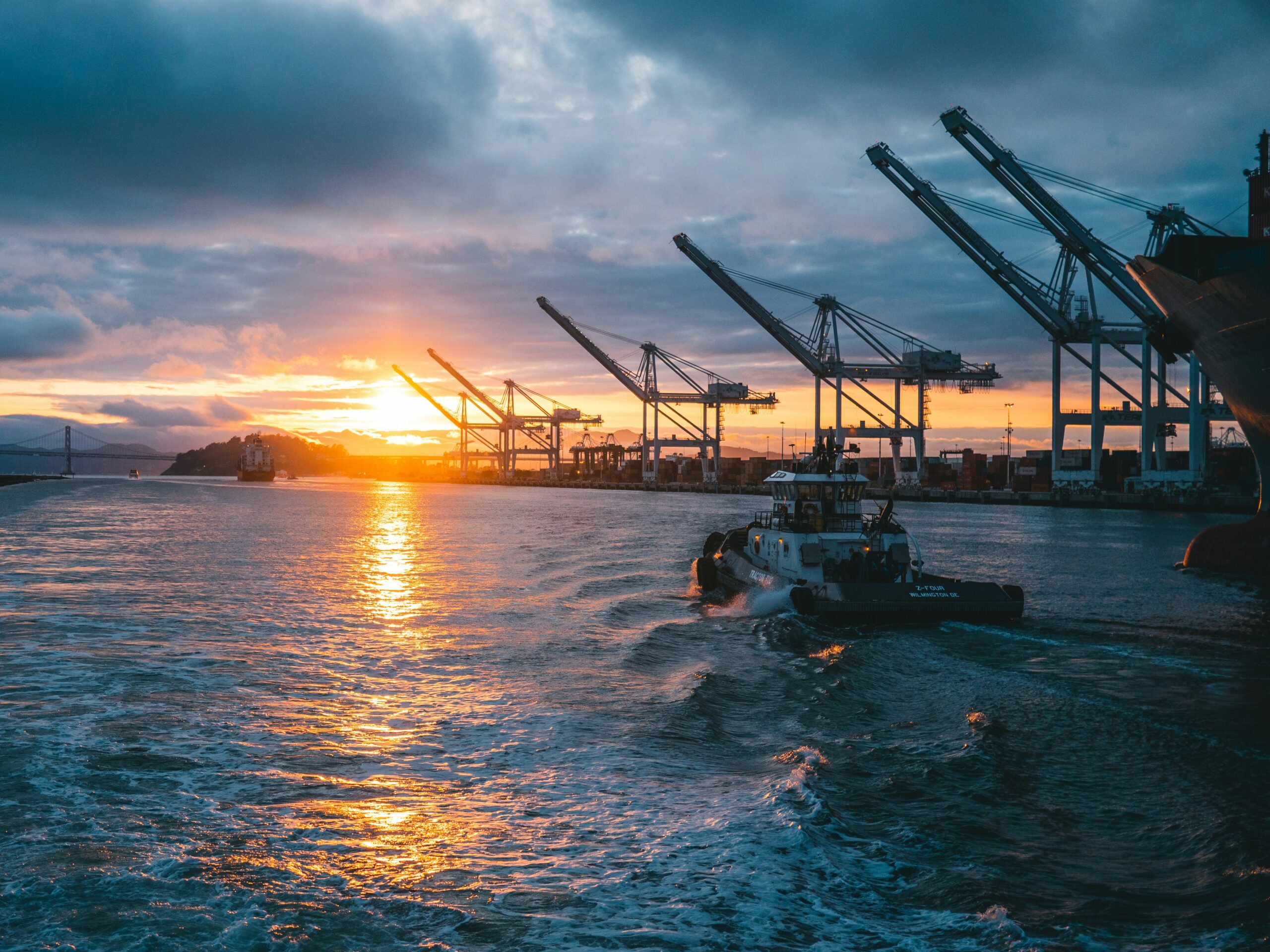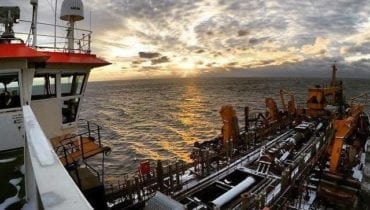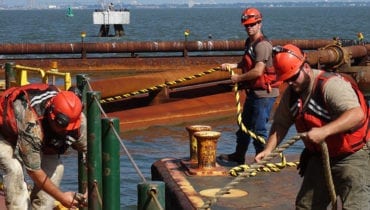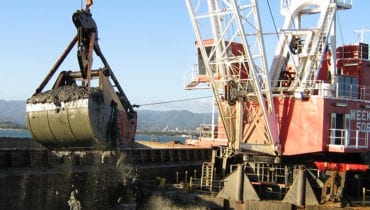The Dredging Contractors of America (DCA) is endorsing and supporting Assembly Bill 1122 (AB 1122), which seeks to address critical issues with the California Air Resources Board’s (CARB) amendments to the Commercial Harbor Craft Rule. The bill aims to ensure that regulatory mandates are safe, feasible, and economically viable for the dredging and marine construction industry.
William “Bill” Doyle, Chief Executive Officer of the Dredging Contractors of America has been aggressively advocating and educating about this and sent the following letter to the California Senate Environmental Quality Committee, Chaired by The Honorable Senator Benjamin Allen.
Dear Senator Allen,
I am writing to express the Dredging Contractors of America’s strong support for Assembly Bill 1122 (AB 1122), which addresses widespread concerns regarding the California Air Resources Board (CARB) amendments to the Commercial Harbor Craft Rule. As the former Executive Director of the Port of Baltimore and a U.S. Federal Maritime Commissioner, I understand the need for getting it right when it comes to our port gateways.
The American dredging and marine construction industry is deeply concerned by CARB’s unfeasible and unsafe mandate to require operators to replace engines before their end-of- life and mandate the use of Diesel Particulate Filters (DPFs) on various marine vessels.
The United States Coast Guard (USCG) has voiced significant concerns regarding the safety of retrofitting vessels with DPFs, citing potential safety hazards and limited viable options for installation. Furthermore, it has come to light that CARB did not disclose to the legislature in 2021 that the USCG had raised serious safety concerns about the mandate. This initial lack of transparency further undermines trust in CARB’s regulatory process and the regulation itself.
Earlier this year, POLITICO published a letter from Rear Admiral A.G. Sugimoto, USCG, who oversees safety and maritime operations across the California coast, warning CARB: “[W]e do want to iterate that we continue to have concerns about the feasibility and potential stability issues of repowering to Tier 4 engines plus a DPF for some vessels, as well as with the potential safety issues over DPF operating temperatures and the fire load of the vessel due to varied hull materials.”
The immediate catastrophes the DPF mandate had on the trucking industry in the 2010s, including incidents of fires and environmental damage, serve as a cautionary tale for regulators. In fact, a CARB-certified DPF manufacturer had to close down because its equipment was connected to multiple fires, one of which did roughly $5.2 million in damages and destroyed 3,600 acres of forest and 100 structures, driving hundreds of people from their homes.
The potential risks posed by DPFs to mariners, surrounding communities, and the environment cannot be overstated.
In addition to these clear-cut safety concerns, the financial burden placed on vessel owners and operators to retrofit their engines with DPFs is prohibitive, especially for small businesses within the dredging and marine construction sector.
Our industry plays a vital role in supporting economic development and national security by facilitating the expansion of ports and channels for shipping. More than 400 ports and 25,000 miles of navigation channels are dredged throughout the United States to keep traffic operating efficiently. Without dredging, many harbors and ports would be impassable to passenger liners and cargo ships.
Looking to the Gold Coast, the Port of Oakland represents a success story for the importance of dredging to port operations.
With deeper channels, the port’s expansion generated 4,100 new jobs, $500 million in annual business revenue, and $15 million in new state and local taxes. This could not be done safely and reliably without the private dredging industry. If operators do not think it is safe to put their men and women to work in the state of California, they will not. This will hurt Oakland, Los Angeles, Long Beach, and even smaller ports like Stockton, Sacramento and Humboldt Bay.
AB 1122 offers a pragmatic solution by aligning the Commercial Harbor Craft Rule’s safety components with federal equipment testing and approval processes, ensuring that any technology mandated by CARB has been adequately vetted and is commercially available. This is standard procedure for the maritime industry nationwide and should hold true in California too.
The Dredging Contractors of America urges you to support AB 1122 and consider the concerns raised by industry stakeholders, labor unions, and the USCG regarding CARB’s regulations. It is essential to prioritize the safety of mariners, protect the economic vitality of California’s ports, and maintain the state’s critical role in America’s supply chain.
Thank you for your attention to this matter, and I trust that you will carefully consider the implications of AB 1122 for the maritime community and the state as a whole.
